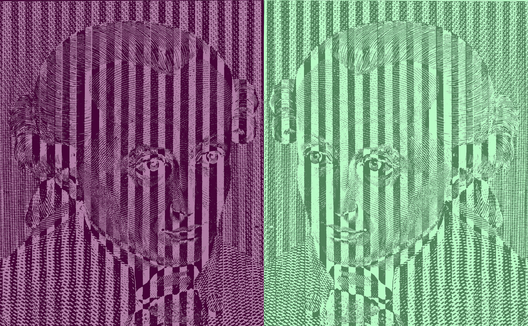Immanuel Kant1724–1804
Kant was initially an orthodox Leibnizian philosopher who became aroused from “his dogmatic slumbers” on reading Hume’s analysis of causality. Kant developed a transcendental theory of mind which drew upon both rationalism and empiricism without being allied to either. Rather than accounting for ideas in terms of experience, as Hume had done, Kant adopted the opposite strategy of accounting for experience in terms of conceptual categories. That is, our conscious, phenomenal world is a cognitive construction. He accepted that all knowledge arises from the senses, but it is not treated in a passive way: “Though all our knowledge begins with experience, it by no means follows that all arises out of experience. For, on the contrary, it is quite possible that our empirical knowledge is a compound of that which we receive through impressions, and that which the faculty of cognition supplies from itself.” Certain concepts, like intuitions of space and time, were considered to be independent of experience and are used to order perception. “Space does not represent any property of objects as things in themselves, nor does it represent them in their relations to each other.” The case for nativism was championed in a more specific way than Descartes had proposed. Perception was taken to be an active process of organization rather than a passive accretion of sensations. He made a distinction between the world of things and that of appearances, and was pessimistic about whether the latter (and hence psychology) was open to scientific enquiry. That is, he did not consider that the inner world was open to precise measurement, and therefore could not be classified as a science. Kant rarely strayed far from his native Königsberg, where he studied, lectured and held the chair of logic and metaphysics from 1770 until his death. He was a meticulous man who shunned popularity; the regularity of his daily pursuits were such as to act as a timepiece for his fellow citizens and any departure from his routine was cause for concern. In a display rare in the annals of academia, the Königsbergers showed their appreciation of him by staging a funeral on a grand scale. Kant replaced Descartes’ self or ego as the ultimate reality with “the transcendental unity of apperception”. Apperception referred to the active ordering of our experience to achieve meaning, and it is applied in recognising Kant’s dual portraits which are in opposite contrasts, but despite this his face is seen as twice against a patterned background.
